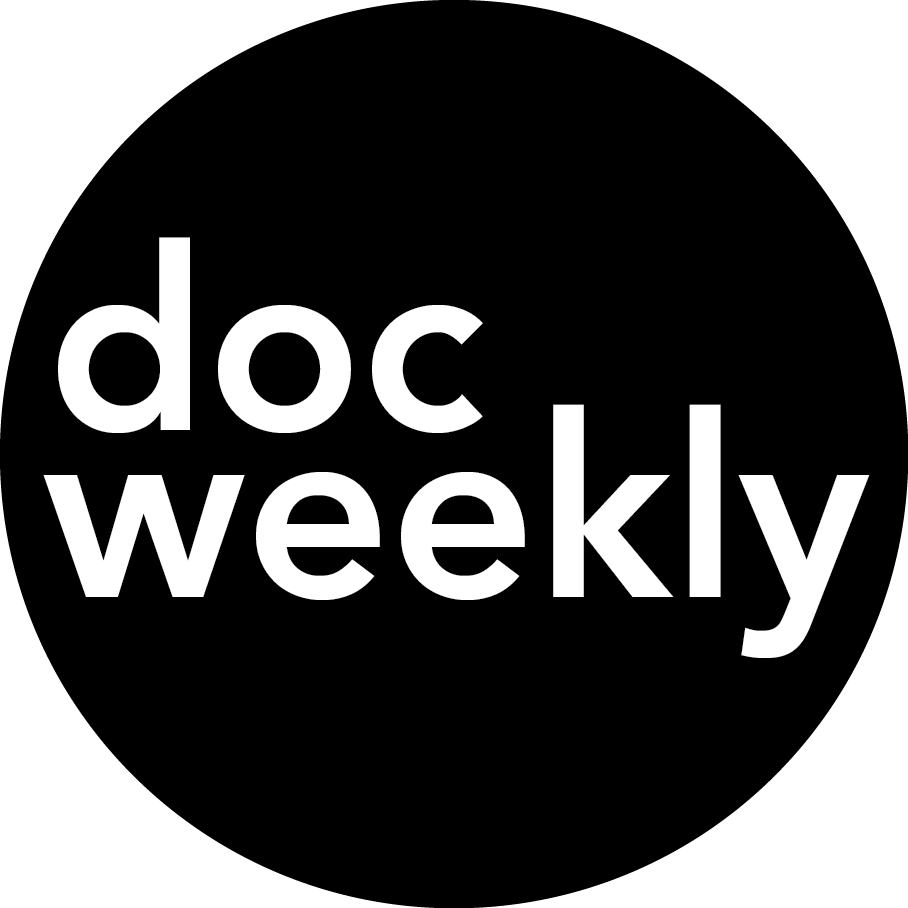Black Lives Matter - Even Those That Weren’t Counted
African Apocalypse (2020) by Rob Lemkin: 8/10
Mutilation as punishment, hands cut off to keep count of those killed and bodies left hanging from trees so long that Hyenas came to feast on the dangling feet.
African Apocalypse is a harrowing journey through the colonial past and its inevitable hangover in present-day Niger, West Africa by Rob Lemkin. Femi Nylander traces the steps of a little known French captain, Paul Voulet, who unleashed wanton terror on several communities along the Niger-Nigeria border, leaving a trail of dead bodies in the wake of his unclear quest. The documentary uses Heart of Darkness by Joseph Conrad as a creative anchor to tell the story of a rogue colonialist committing the most grotesque crimes in the name of conquest, much like Kurtz himself.
Through the eyes of Nylander, the documentary takes us on a step by step, location by location passage that Voulet and his men took over 100 years ago. At each stop, with the help of fixers and the strong oral history of certain community members, Nylander uncovers what happened back in 1899, and unravels the very real consequences, oft negative, that this period in history had, and continues to have, in one of the world’s most underdeveloped countries.
Through dramatic readings of letters written by Voulet or about him, director/producer Rob Lemkin brings Voulet to life, giving viewers an intimate and seemingly accurate insight into his murderous musings. The letters, and brilliant use of archive materials: maps, recordings, original footage, testify to the numerous crimes that took place under Voulet. The living memory of the people interviewed in Niger adds the depth and emotion that make this documentary more than a historical account of events. They recount how their families were split by Voulet and his men, how their life has never been the same again. The pain, anger and resentment for not only Voulet but his handlers in France too, is raw and intense, with some saying they will never forgive what happened.
It’s obvious from the onset that a key motivator for this retracing of steps is a personal attempt by Nylander to reconcile some part of his own identity. “I am a son of Europe too, a beneficiary of Empire,” he says in one scene. Nylander constantly struggles with the question of who he is in relation to the place and events he discovers. He is black, he is Nigerian but he is also English, an Oxford scholar, whose life is far removed from the reality he encounters when he visits Niger. His grappling with this comes to a neat conclusion by the film’s close.
The biggest take away from African Apocalypse is that the past is the present. Black lives didn’t matter when colonisers slaughtered entire villages in the name of creating, spreading and maintaining a white supremacist system. Black lives didn’t matter when Uranium miners in Niger risked life and limb to produce tax-free power for the French to this day. Black lives are always on the line, disposable, not worthy of being counted, memorialised or even remembered. But this film counters that by taking us on a journey that highlights the true evils of colonialism, racism and white supremacy - in an effort to say Black lives do matter, they mattered then, they matter now and they will continue to matter if we just keep our eyes open to how those evils continue to play out in modern society.
Our Out Now series brings you the best newly released feature documentaries. Get in touch to pitch your film.








